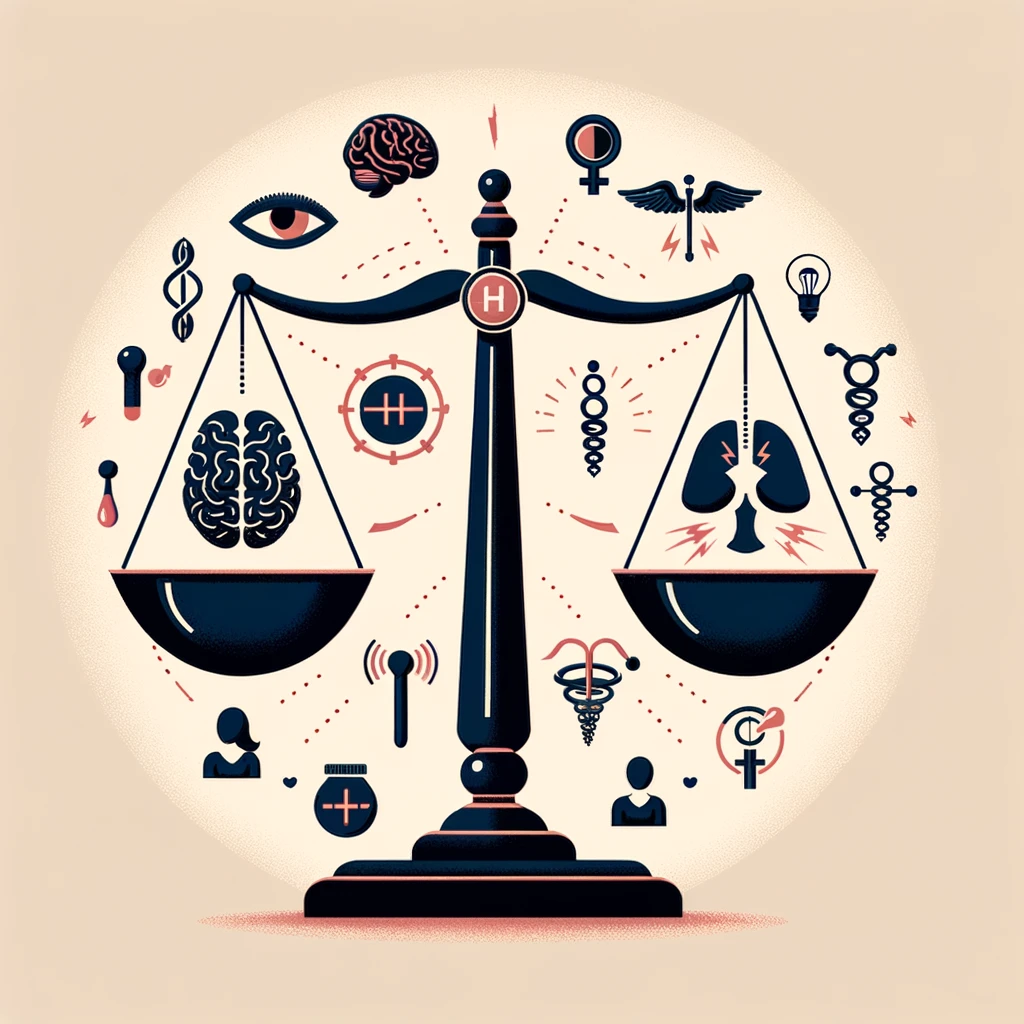- The Health League
- 0 Comments
Migraines, the intense and often debilitating headaches that affect millions worldwide, have a complex relationship with hormones. This connection is particularly shown in women, where fluctuations in hormonal levels can significantly impact the frequency and severity of migraine attacks. Understanding the link between hormones and migraines can provide insights into managing and potentially reducing the occurrence of these painful episodes.
The Hormonal Influence
The primary hormones implicated in the connection between migraines and hormonal changes are estrogen & progesterone. These hormones, which regulate the menstrual cycle and are involved in pregnancy and menopause, can affect migraine activity due to their influence on the brain’s chemical environment.1. Menstrual Migraines
Many women report a marked increase in migraine attacks around their menstrual period, a phenomenon known as menstrual migraines. These migraines are believed to be triggered by the sharp drop in estrogen levels that occurs just before menstruation. Estrogen levels influence various neurotransmitters in the brain, including serotonin, which is involved in the regulation of pain. A decrease in estrogen can lead to a cascade of biochemical changes, culminating in a migraine.2. Pregnancy and Migraines
Pregnancy can have a varied impact on migraines. While some women experience a significant reduction in migraine frequency, especially during the second and third trimesters when estrogen levels are high, others may find their migraines worsen. After childbirth, as hormone levels normalise, women who experienced relief during pregnancy might see their migraines return.3. Menopause and Migraines
Menopause and the years leading up to it, known as perimenopause, can also see a change in migraine patterns due to fluctuating hormone levels. Some women report an increase in migraines during perimenopause, which may stabilize or improve after menopause when hormone levels have leveled off.Managing Hormonal Migraines
Understanding the hormonal triggers of migraines can lead to more effective management strategies. Here are some approaches that may help:- Medications: For women who experience menstrual migraines, certain medications can help prevent migraines or lessen their severity. These might include non-steroidal anti-inflammatory drugs (NSAIDs), triptans (specifically designed to combat migraines), or even hormonal contraceptives to stabilise hormone levels.
- Lifestyle Adjustments: Maintaining a healthy lifestyle can help manage migraines. This includes regular exercise, adequate sleep, stress management techniques, and a balanced diet.
- Hormone Therapy: In some cases, especially during menopause, hormone replacement therapy (HRT) may be considered to help stabilise hormone levels and reduce migraine occurrence. However, HRT is not suitable for everyone and should be discussed with a healthcare provider.
